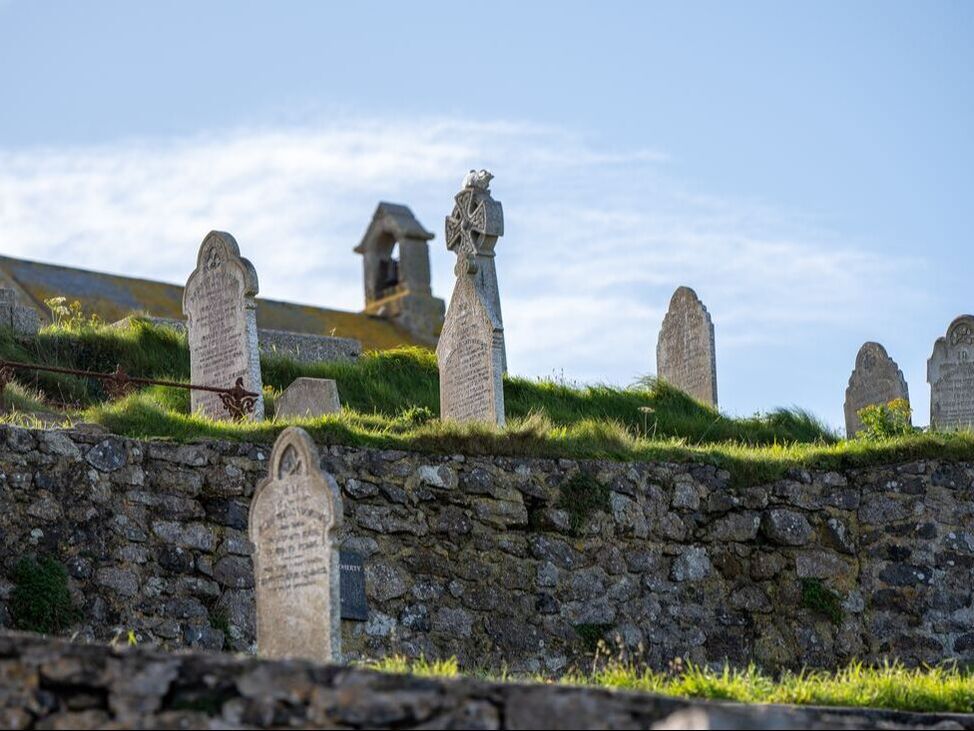|
|
|
Death is often thought to hold a special place in Irish culture, or even, for some anthropologists, to be indicative of a morbid fixation on the part of Irish people more generally. One academic has even stated that ‘the Irish death fixation… is a cultural fact that cannot be ignored’. Of course, we can easily dismiss such attempts to cast an entire people as possessing some essential, psychic quality as a heavy-handed failure to appreciate the diversity of attitudes and experience within a nation.
Nevertheless, death remains a feature of Irish political, social and cultural life even if it is not the primitive atavism that some might claim. The mobilisation of death in political ways is explored in my Identities article, ‘Racial capitalism, hauntology and the politics of death in Ireland’. One example of the politicisation of death can be seen in the document that proclaimed the birth of an independent republic in 1916. It stated that it was from ‘the dead generations’ that Ireland ‘receives her old tradition of nationhood’. The dead are mobilised in pursuit of an archetypically modern political project – the establishment of a democratic nation-state.
These ‘dead generations’ can be identified in the failed rebellions that are alluded to in the same document: failed and bloody, each iteration of the assertion of national independence looks forward to a promise of future fulfilment. The dates ring out on the lips of the revolutionary devout (1798, 1848, 1867, 1916…). But, it is not only the hapless insurrectionists who are alluded to - the million who perished in the Great Famine (1845-52) are also enlisted into the ranks of the national martyrology.
With the Famine comes the one of the dominant features of Irish social life over the past century and a half - mass emigration. The social death that this entailed was marked by the so-called ‘American wake’ that mourned the passing of soon to be emigré. The population was decimated to such an extent that today that it has not recovered to the levels seen in 1840. To understand this, it is necessary to look to how processes of racialisation intersect with the biopolitical technologies that emerged in the nineteenth century. The ways in which the Irish were produced as racialised subjects has been traced by Cedric Robinson in his classic work Black Marxism and how they overcame the restrictions that this entailed in the United States by the work of historians Noel Ignatiev and Theodore Allen. The effect of the Famine was to centre death at the heart of Irish political life. Death itself became to be seen as a final marker of resistance to the processes of oppression that many felt had led directly to the Famine. The echo of this experience extended beyond surviving generations and its iterations at different times are explored further in my article.
Blog post by Edward Molloy, University of Liverpool, UK
Read the full article: Molloy, Edward. Racial capitalism, hauntology and the politics of death in Ireland. Identities: Global Studies in Culture and Power. DOI: 10.1080/1070289X.2019.1658395
0 Comments
Your comment will be posted after it is approved.
Leave a Reply. |
|
Explore Identities at tandfonline.com/GIDE |
|
The views and opinions expressed on The Identities Blog are solely those of the original blog post authors, and not of the journal, Taylor & Francis Group or the University of Glasgow.

